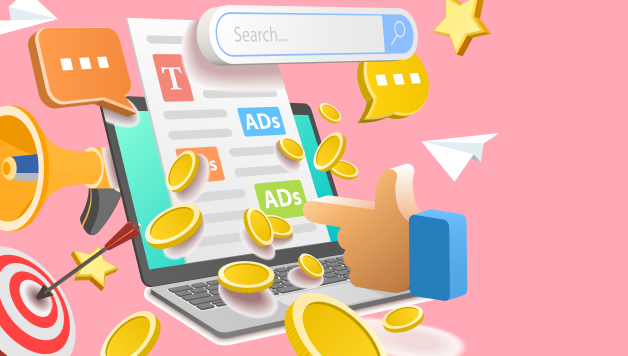
With the advertising landscape evolving rapidly, staying updated with Google PPC updates is essential for success. For digital marketers and business owners alike, understanding how recent changes affect campaign performance is key to maintaining ROI and visibility. As PPC trends shift toward automation and personalization, Google's updates continue to reshape how we approach paid advertising.
In this article, we'll explore the latest Google Ads trends, algorithm changes, and what these updates mean for advertisers managing PPC campaigns.
Why Google PPC Updates Matter More Than Ever
Google's advertising platform powers millions of campaigns worldwide. As user behavior, privacy policies, and machine learning evolve, Google rolls out regular updates to improve user experience and ad quality.
The latest Google PPC updates are largely driven by:
- Enhanced automation
- Privacy-first initiatives
- Shifts in search behavior
- AI integration and smarter bidding strategies
Understanding these changes helps advertisers adapt faster, avoid wasted ad spend, and stay ahead of competitors.
Key Google PPC Updates to Know in 2025
Let’s break down the most impactful updates affecting current campaigns:
1. Shift to Broad Match + Smart Bidding
Google now encourages advertisers to use broad match keywords combined with Smart Bidding strategies. While this improves automation and reach, it also requires tighter audience signals to ensure relevance.
What to do:
- Use conversion tracking accurately
- Leverage first-party data
- Regularly review search term reports
2. Enhanced Ad Customization
Responsive Search Ads (RSAs) are now the default. These ad types allow Google to automatically test headline and description combinations to improve CTR and conversions.
Tip:
Continue A/B testing RSAs and optimize based on performance insights.
3. More AI-Driven Campaign Types
Performance Max campaigns are gaining momentum. These allow advertisers to run across all Google properties (Search, YouTube, Display, Gmail) using a single campaign structure.
Advice:
Provide strong creative assets and audience signals for best results.
Impact of Google Ads Algorithm on Campaigns
Recent tweaks in the Google Ads algorithm focus on improving user experience by prioritizing relevance, quality, and ad strength.
Here’s how it impacts you:
- Low-quality landing pages now lead to higher CPCs
- Ad extensions and structured data improve visibility
- AI now evaluates ad context more deeply, requiring better content alignment
Aligning with the algorithm ensures your ads not only appear but convert efficiently.
Adapting Your Strategy to Match Google Ads Trends
With constant changes, advertisers need to refine their strategies to remain competitive. Here’s how to keep up:
1. Focus on First-Party Data
With third-party cookies being phased out, Google emphasizes first-party data for accurate targeting and personalization.
2. Automate Intelligently
Let Google’s automation work for you, but maintain oversight. Combine Smart Bidding with manual checks and performance reviews.
3. Align With Intent-Based Content
Ensure your ad copy, landing pages, and keyword strategy align with user intent. Relevance is more critical than ever in light of Google PPC updates.
The Role of Google Ads Management Services
Keeping up with constant changes can be overwhelming for busy business owners and in-house marketers. This is where expert Google Ads Management Services play a vital role.
These services help you:
- Monitor and respond to Google PPC updates
- Leverage data for smarter bidding
- Optimize across multiple campaign types
- Stay aligned with current Google Ads trends
Professional oversight ensures that your campaigns stay efficient, scalable, and in line with Google’s best practices.
Conclusion: Stay Ahead with the Latest Google PPC Updates
As digital advertising becomes more sophisticated, the importance of adapting to Google PPC updates cannot be overstated. From automated bidding to AI-powered ad delivery, advertisers must keep pace with evolving tools and expectations.
Understanding how the Google Ads algorithm impacts performance helps you make smarter decisions, while aligning with Google Ads trends ensures your strategy remains competitive.
Whether you're a seasoned advertiser or new to PPC, the best way to future-proof your campaigns is to:
- Embrace automation strategically
- Monitor performance regularly
- Partner with reliable Google Ads Management Services
In conclusion, the future of paid search lies in smart adaptability. Stay tuned to PPC trends, follow Google PPC updates closely, and you’ll be better equipped to drive results in this ever-changing landscape.